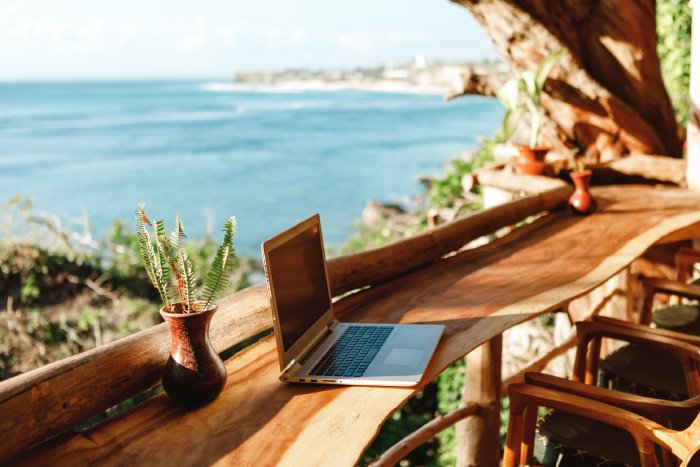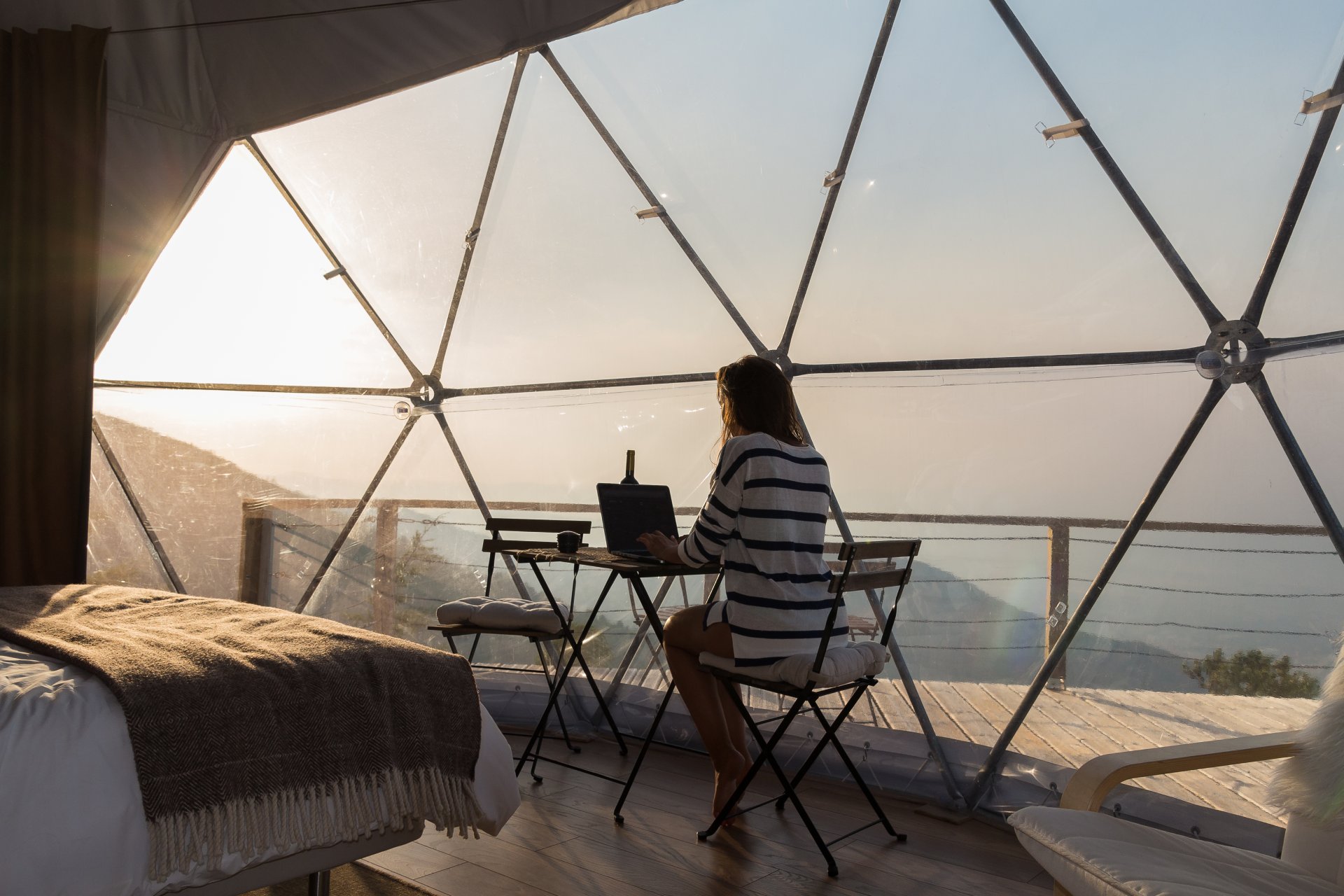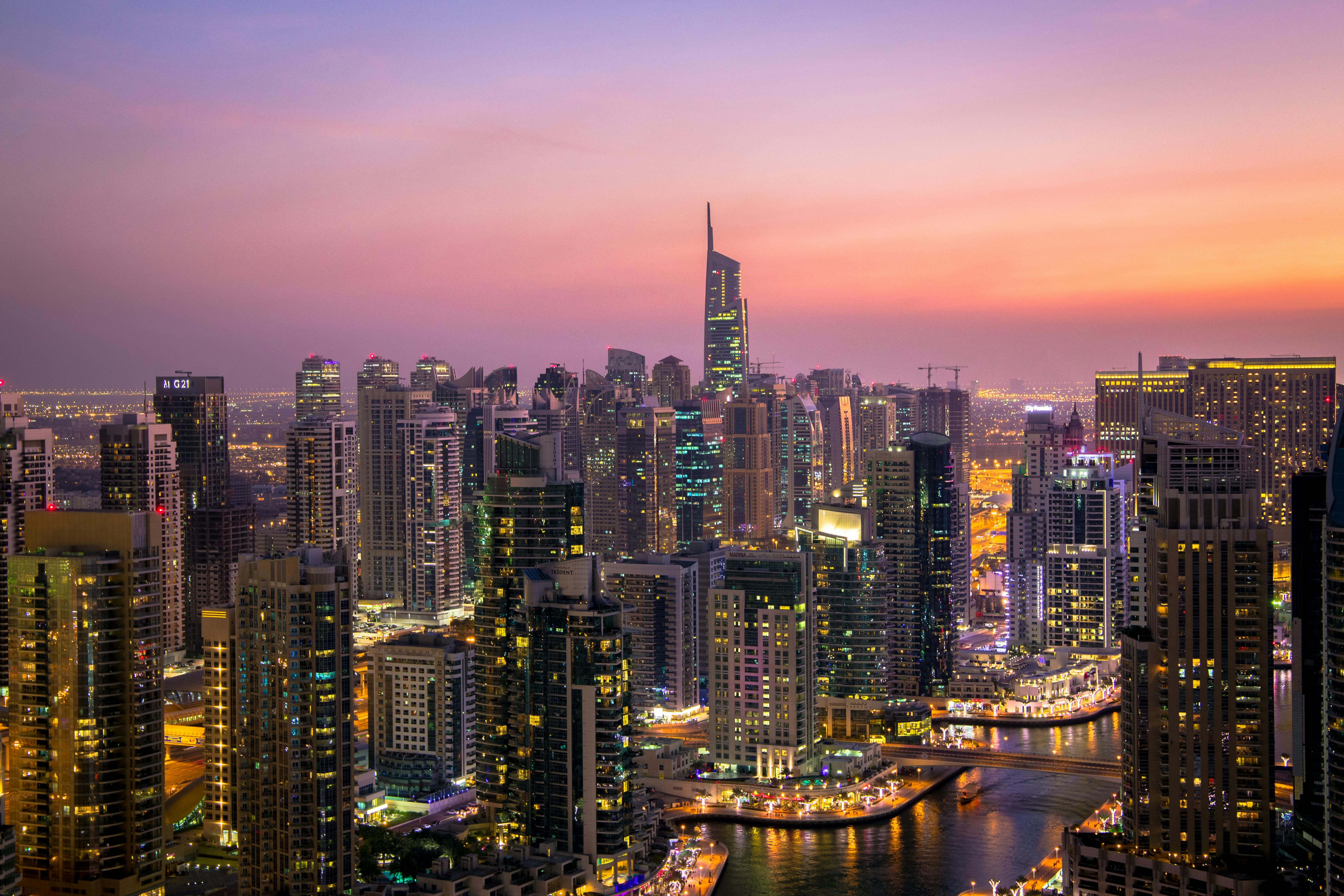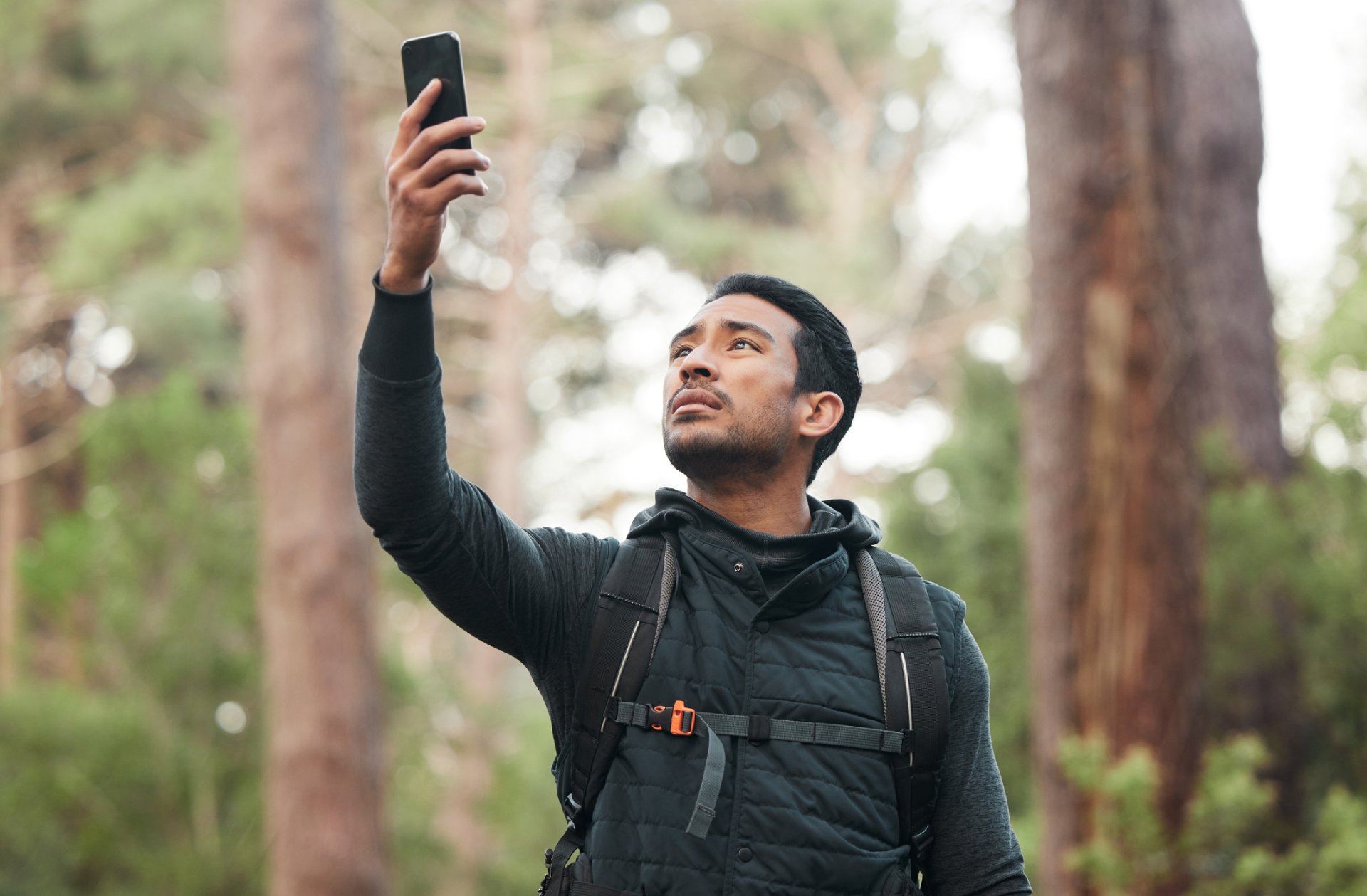The pandemic revolutionized the way we work almost overnight. We learned that the “workspace is flexible,” as Panaphorn Khongpasuk put it for Travel Radar. At first, when offices shuttered, this simply meant that we all learned to work efficiently from home. But as restrictions began to loosen, the newfound workspace flexibility granted us unprecedented freedom to travel the world.
As a result, employees today are spending more time than ever on bleisure travel – a new form of travel where people integrate leisure into a business trip, or business into a leisure trip. It’s a trend that existed before the pandemic but has grown significantly since. The Global Business Travel Association’s 2022 report revealed that 82% of employers think their employees are “equally interested (53%) or ‘more/much more’ interested (29%) in combining business travel with leisure” – compared to before the pandemic.
According to the Global Rescue Traveler Sentiment and Safety Survey, 65% of respondents will take part in bleisure travel in 2023, if they haven’t already.
Who’s Bleisure For?
Everyone, with millennials taking the largest share of the pie.
Jeanne Liu of the Global Business Travel Association told the BBC, “it’s people from all different levels: we thought it might be more entry-level, but we found managerial does it as well, although we did find millennials more likely to partake in bleisure than some of their older colleagues.”
Employers are supportive of business travel, Liu said.
“Travel well-being relates to job satisfaction, which means people stay productive and stay longer in their jobs. Being able to take your kids or your family, to add some fun elements to a trip, makes that trip much less stressful.”
[Related Reading: Understanding and Fulfilling Your Duty of Care – Part One]
But employer support doesn’t mean employees have carte blanche to do whatever they want. It’s important to be upfront with your employer. “If you’re not transparent and your employer finds out later you worked in some pleasure on your trip, it might look like you were trying to hide something,” said Stephanie Diamond, Global Rescue’s vice president of Human Capital Management and a veteran international human resources expert. “That’s not the message you want to send. Make sure they hear it from you first — not from fellow colleagues or your Instagram selfies.”

Official Bleisure Policies Prove Tricky
While employers may be generally supportive of travel, Travel Weekly reports that bleisure “still faces hurdles to adoption, chiefly that travel policies don’t clearly spell out what is and isn’t permitted.”
This is another reason to be transparent with your employer so you can learn the company’s travel-expense policies prior to going. For example, what expenses will the company be responsible for versus you?
“The general rule of thumb is that the company will pick up the tab for anything that falls under the business part of the trip — flights, hotels, meals, local transportation — but you’ll be on the hook for anything on the leisure side,” Diamond said. “It’s important to talk it out before you go because you might be surprised to learn that your employer may choose to pay for some select leisure costs — almost like a reward or incentive.”
This is often due to the increased risk inherent in flexible employee travel. Varun Mehra, a senior consultant with CWT Solutions Group shared with Travel Weekly that “companies now feel a much greater sense of responsibility for the safety and well-being of their people, especially when they’re traveling for work.”
Employers carry a duty of care responsibility to take care of their employees and avoid exposing them to any unnecessary or undue risk. Things can get a little blurry when it comes to bleisure travel. Your company’s specific travel risk management policies and duty of care obligations may only apply to the business part of your trip. That means, when indulging in the leisure portion of your trip, you might be liable for your own travel safety.
“Back in 2005, I was in Quito [Ecuador] for business, where I planned to also hike the portion of the Inca Trail,” Diamond said. “If I hadn’t checked in on my company’s policies [Diamond did not work for Global Rescue at that time] , I would not have been protected if an emergency occurred on the trail.”
With these hurdles, the availability of employer-supported bleisure travel may fall short of the demand, so it often happens outside of official company policy.
Yet, while employers may not be able to fully meet the demand for individual employee bleisure travel, many are taking a different approach to the trend: bringing remote offices together in an exotic location for team building. Booking.com reports that “more than half (52%) of employers are currently planning corporate travel trips to bring together employees who now largely work remotely.”
Employees Struggle for Work-Life Balance
Perhaps one unintended consequence of bleisure travel, is that the lines between work and play have blurred, and many find it difficult to fully unplug. This may be why Booking.com’s research revealed an increased preference for work-free travel across several countries between 2022 and 2023.
Nevertheless, bleisure travel remains a hot trend, and the travel industry has come up with creative ways to take advantage of it.

Travel Industry Flexes To Attract Bleisure Travel
As bleisure has grown, so has the effort of the travel industry to attract and accommodate this new type of traveler.
Some bleisure travelers are bringing their families, recognizing the value of connecting with their loved ones while on a work assignment. As a result, “hotel partners are introducing new room types focused on longer stays,” said Nadiya Makarenko, senior vice president of Travel Edge Network, in a Forbes article. “These room types are offered in a variety of price ranges, characterized by apartment elements that allow for long-stay comfort.”
For travelers wanting to soak up the local culture after a long day of meetings, hotels like the W Panama City, keep a detailed calendar of local events for post-work fun. For those adding some vacation days after a work trip, the W Bogota “has created special luxury packages with local experiences for corporate guests extending their stay.”
In Mexico City, the Ritz Carlton has seen an increase in guests bringing significant others on trips. To enhance guests’ experience and encourage extended stays, the concierge staff “create meaningful experiences such as a private visit to a museum or a meeting with a historian at the top suite of the hotel.”
Global Rescue for Safe Bleisure Travel
Perhaps you’re a company tweaking your travel policy to include bleisure. Or you’re a digital nomad, freelance writing from the tropics.
For the employer, remember that employee safety is no longer isolated to work-only situations.
“Your employees’ safety should be important to you whether they’re on business travel, bleisure travel or vacation,” said Dave Leopold, director of enterprise sales for Global Rescue. “If something happens while they’re traveling, it has a negative impact on your business as well.”
For the digital nomad, fears of safety can be a barrier to travel in this increasingly complicated post-pandemic world.
In either case, Global Rescue is the answer. It bridges the gap in office policy around bleisure travel that so many companies struggle with, and allays employees’ and digital nomads’ safety and security concerns as they travel across the world.









